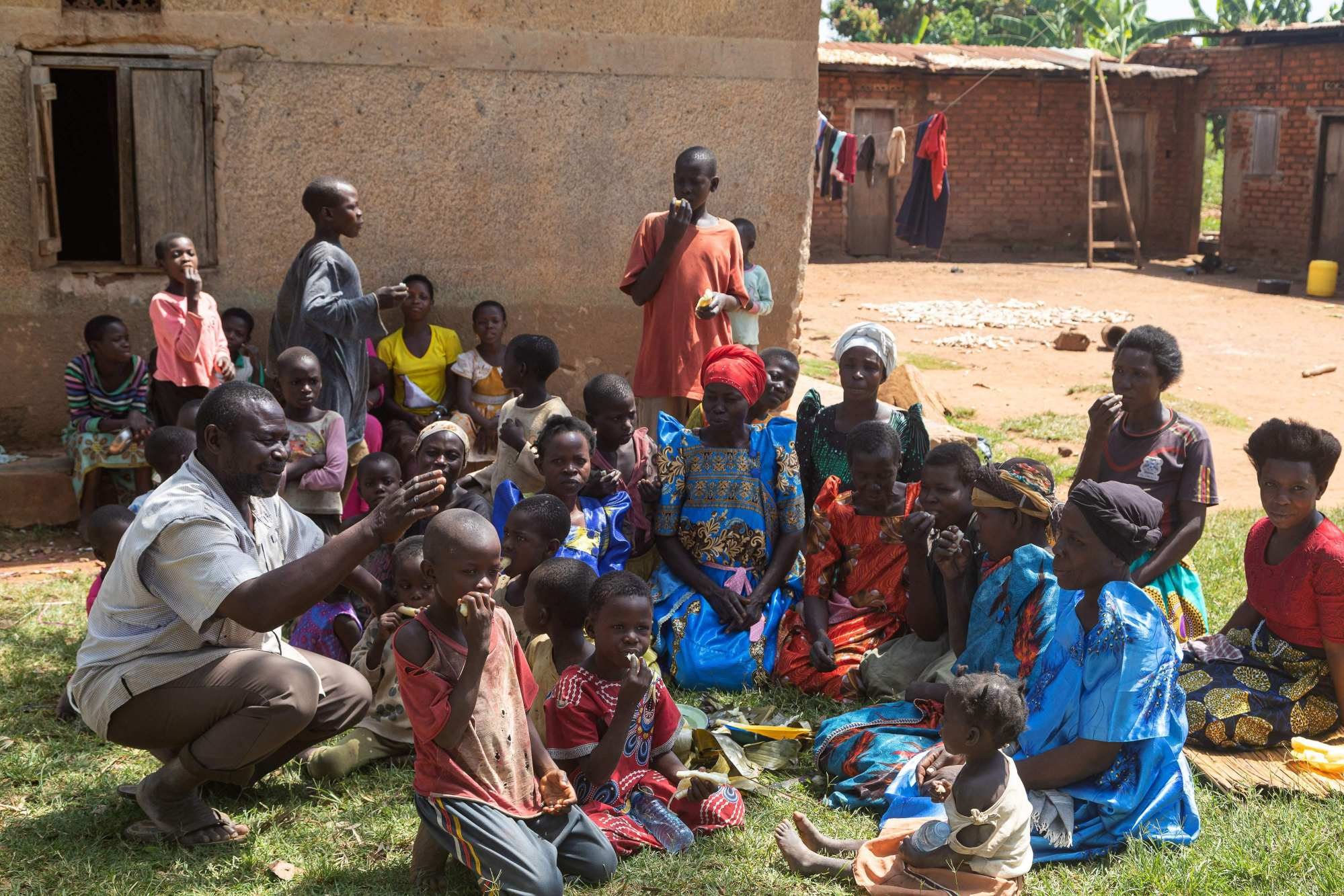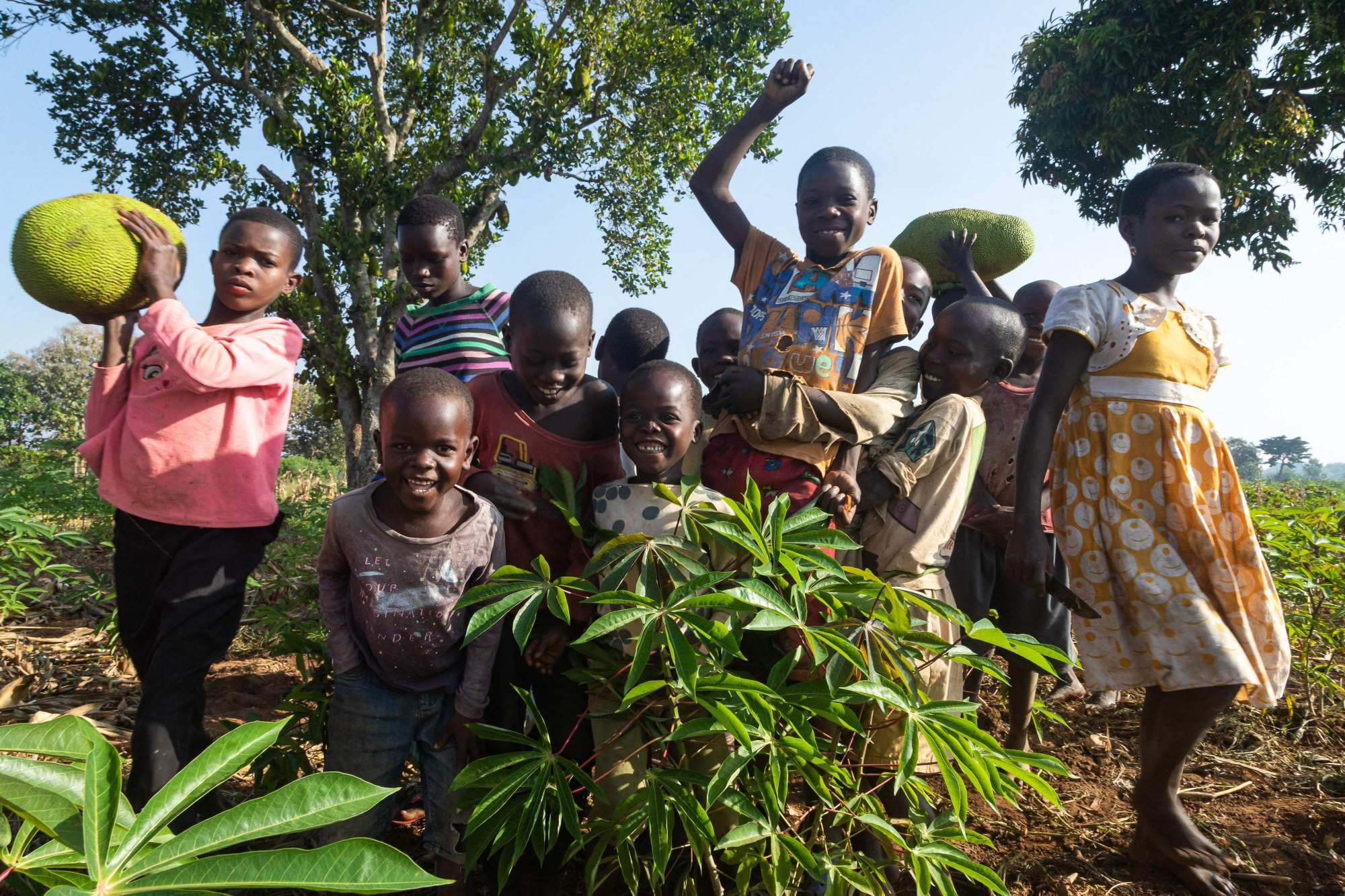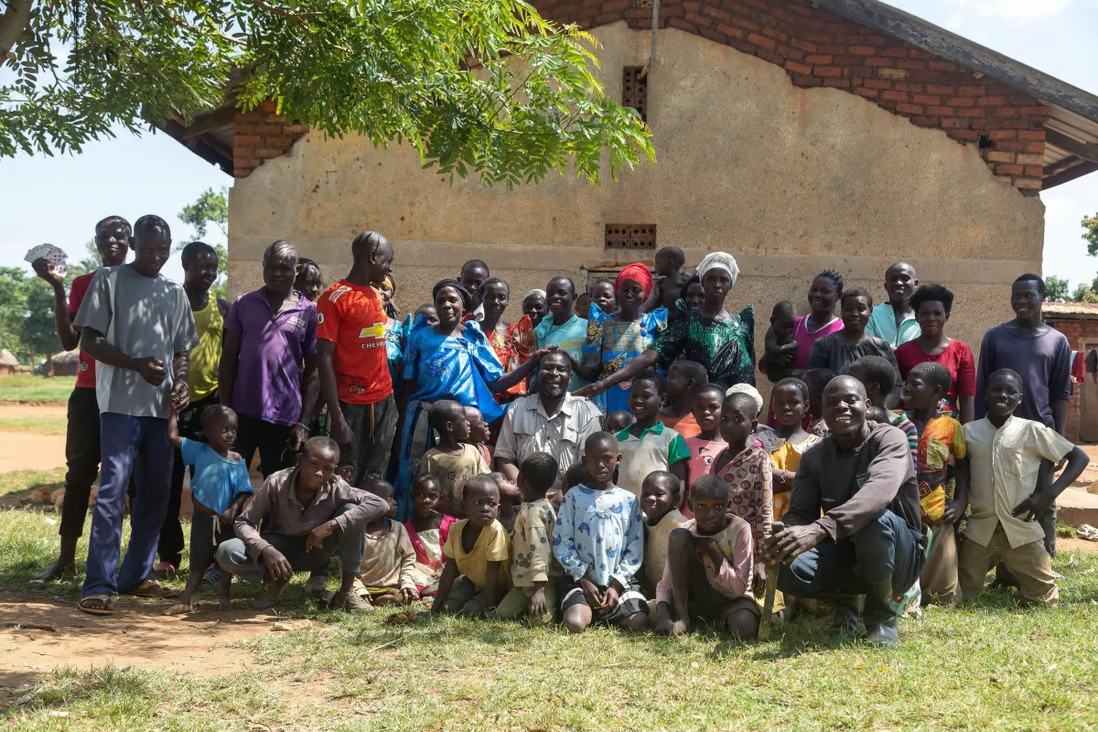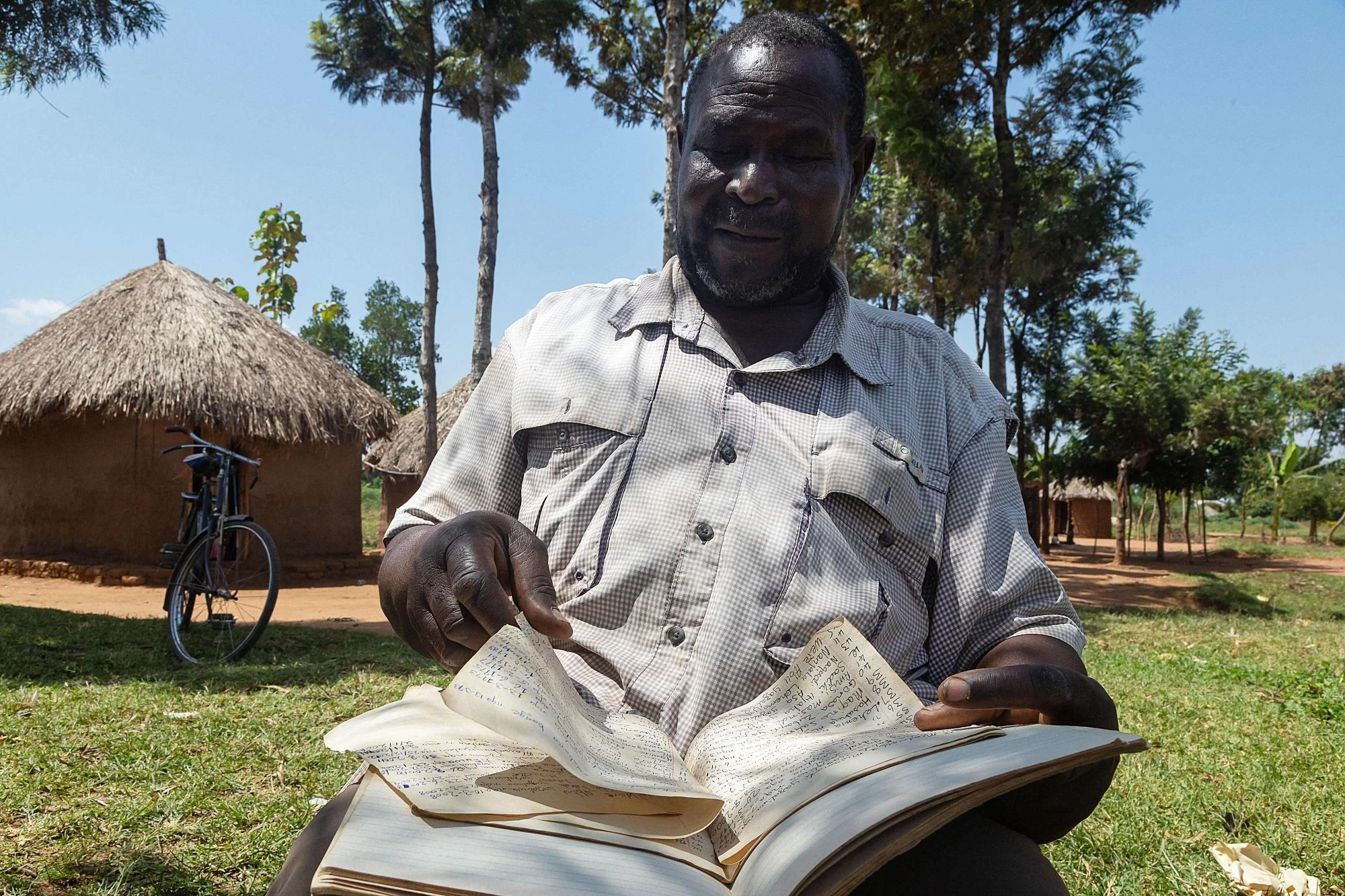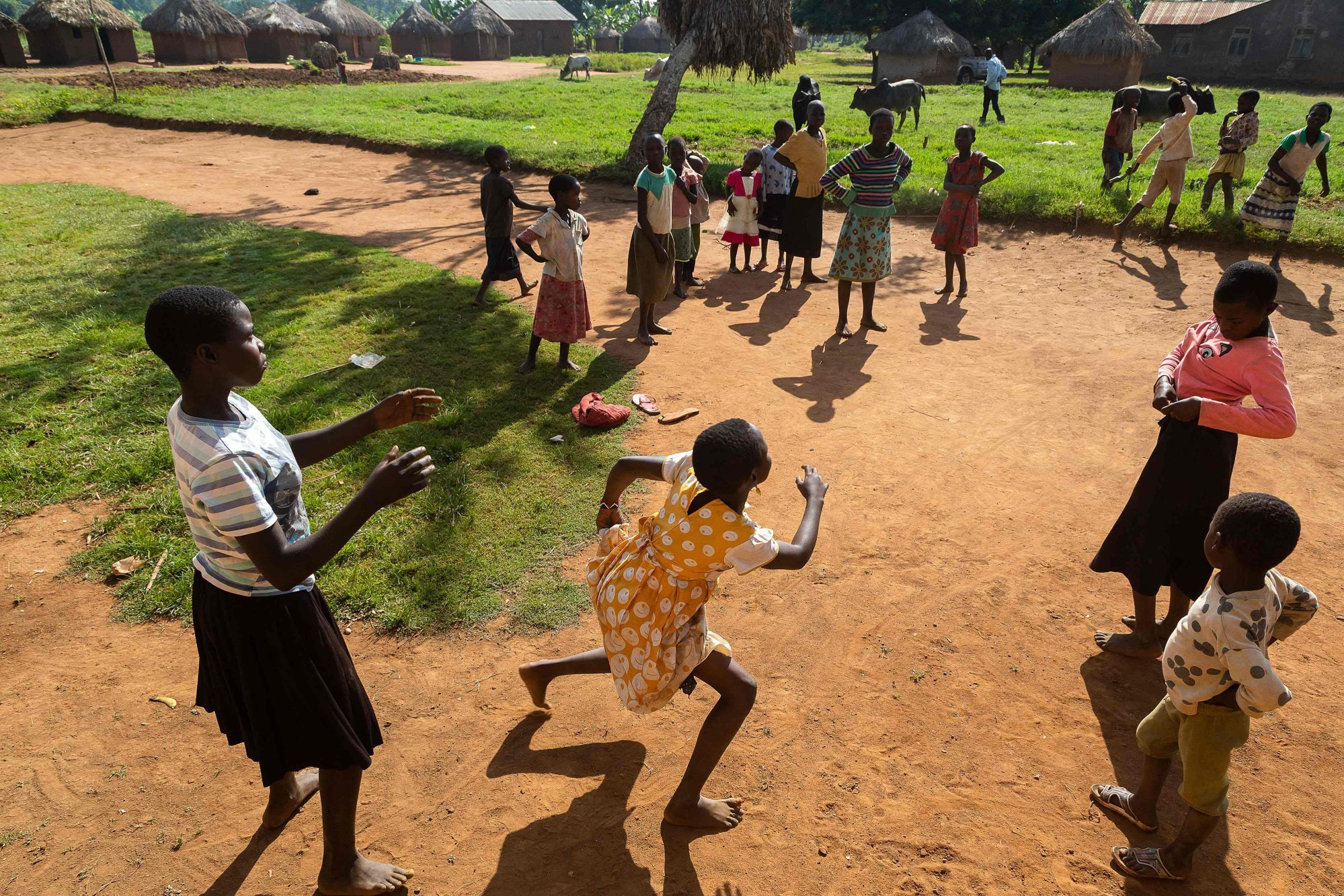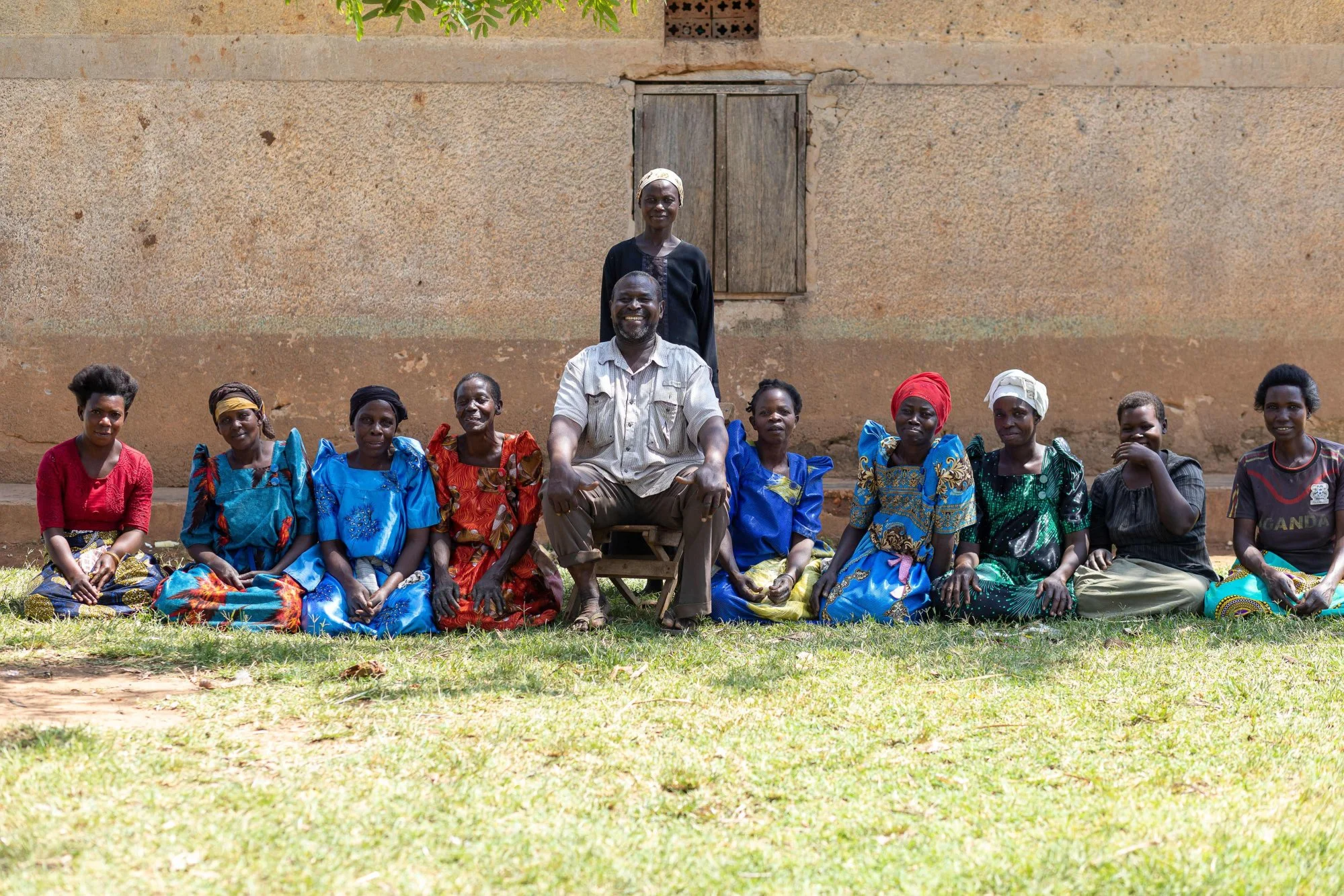The well-known African proverb “It takes a village to raise a child” takes on an entirely new dimension when considering the story of Musa Hasahya Kasera. In fact, Kasera’s children could form a village of their own. Hailing from Uganda in East Africa, Musa Hasahya Kasera has become a living testament to the adage.
A remarkable man with an astonishing number of descendants, Kasera finds himself facing a unique challenge – recalling the names of all his children. His family, a living example of both cultural practices and life’s complexities, includes a staggering count of 12 wives, 102 children, and 578 grandchildren.
What started as playful challenges of feeding and clothing everyone evolved into a more pressing issue as Kasera aged. “My health is deteriorating as our extended family resides on just two acres of land,” explains the 68-year-old. Economic struggles have resulted in some of his wives leaving, unable to provide basic necessities like food, clothing, and education for their children.
In response, some of his wives have turned to contraceptive methods to prevent further expansion of the family. Kasera notes, “My wife is using birth control pills. I don’t want to have more children because I’ve learned from my past irresponsible actions, having too many offspring but not being able to take care of them.”
Currently unemployed, Kasera’s main source of income comes from tourists who visit to witness the unique phenomenon of his large family. His children and grandchildren share a confined living space, clustering in the old rundown house and makeshift tents around it.
Kasera’s journey began in 1972 when he married his first wife through traditional ceremonies. Their first child was born just a year later. As a livestock trader and butcher, he became the “ideal son-in-law” for many villagers, a desirable match for their daughters. With polygamy still a permissible practice in Uganda during that time, he married multiple wives, eventually expanding his family to its extraordinary size.
As his family continues to grow, Kasera faces the challenge of remembering his children’s names. He can only recall the names of the firstborn and lastborn, relying on his wives to help locate specific children when needed. Astonishingly, he even struggles to remember all his wives’ names.
Despite these challenges, Kasera remains a dedicated father, ensuring his children and grandchildren are raised well and stay away from negative paths. Every family member contributes, engaging in various odd jobs or collective tasks like gathering firewood and water in the forest.
While Kasera’s story is one of remarkable magnitude, it serves as a poignant reminder of the complexities and joys of life within an extended family, encapsulating the spirit of resilience and unity in the face of adversity.
